Have you ever wondered how the words we use today came to be? They often have fascinating journeys, traveling through time and transforming in meaning. One such word with a bizarre but extraordinary evolutionary journey is “clue.” This term, so common in our modern lexicon, especially when we talk about mysteries or need to solve a problem, has roots that stretch back to ancient Greek mythology, taking several unexpected turns to become the word we know today.
The story of “clue” begins with the ancient Greeks and one of their most intriguing myths—the story of the Minotaur and the Labyrinth. In this myth, the hero Theseus navigates the Labyrinth with the help of a ball of thread given to him by Ariadne, which he unravels to find his way back after defeating the Minotaur. The original term for this thread or yarn was “clew”1 , Back then, “clew” was a literal term referring specifically to a ball of thread2.
Over time, as the story of Theseus and the Labyrinth circulated and was retold through the ages, the metaphorical use of “clew” began to emerge. By the time Middle English developed, “clew” had adopted a figurative meaning, denoting that which guides through a difficult or complex situation, much like Theseus’s thread guided him through the Labyrinth3 . Eventually, the spelling evolved from “clew” to “clue” in the 15th century, aligning with changes in the English language and pronunciation standards of the time4.
This evolution from a physical object to a metaphorical concept highlights the dynamic nature of language, showcasing how words can shift in meaning based on the stories and social contexts that surround them. The transformation of “clew” to “clue” encapsulates the human capacity for creativity and adaptation, illustrating how our narratives and languages interweave, impacting each other over centuries5.
Words, much like the people who use them, are travelers through time, gathering new meanings and shedding old ones as they journey through the ages. “Clue” serves as a powerful reminder of our linguistic heritage, pointing to a time when myths were not just stories, but a way of understanding the world. It’s a testament to the enduring legacy of human culture and its ability to resonate across generations.
Let the story of “clue” inspire you to look deeper into the words you use every day. Behind each one lies a history, a journey that has shaped its meaning and the way we communicate with one another. Embrace the complexity and the beauty of language, and always stay curious about the stories it has to tell.
- https://htschool.hindustantimes.com/editorsdesk/knowledge-vine/how-did-the-word-clue-originate-four-common-words-with-intricate-back-stories [↩]
- https://www.etymonline.com/word/clue [↩]
- https://www.waywordradio.org/clue-theseus-origins/ [↩]
- https://ludwig.guru/blog/following-ariadnes-thread-the-fascinating-origins-of-the-word-clue/ [↩]
- ttps://wordhistories.net/2017/05/15/clue/ [↩]


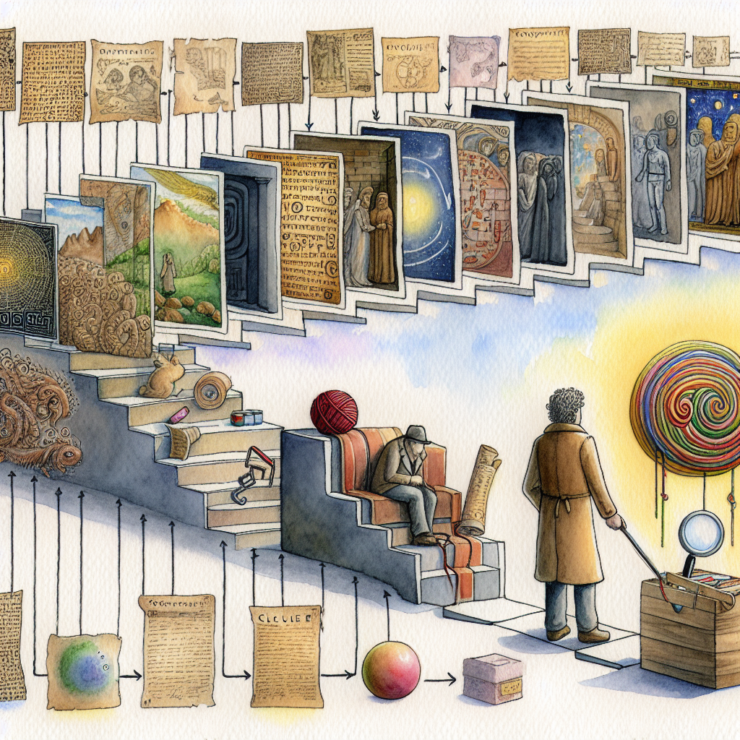
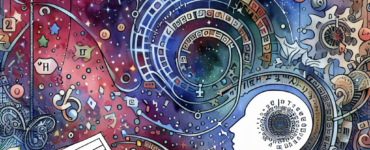
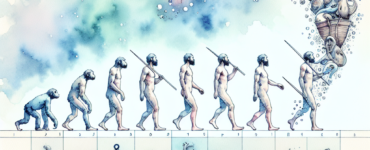

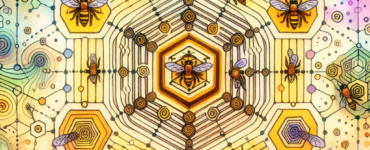
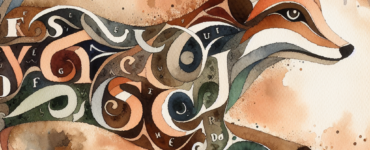





























Add comment